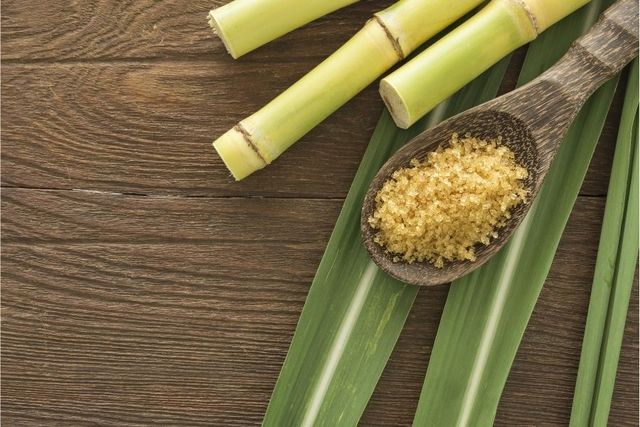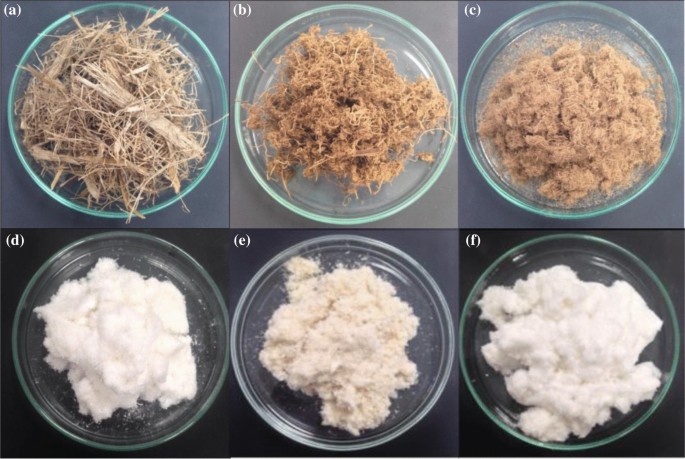Discovering Sugarcane Products: Versatile Benefits and uses
The exploration of sugarcane products reveals an amazing variety of applications that expand well past the acquainted world of sweeteners. This flexible crop serves as a foundation for a variety of food products, industrial materials, and also lasting power options. Its byproducts provide considerable ecological benefits and wellness advantages that merit attention. As we analyze the multifaceted contributions of sugarcane, one could ask yourself exactly how these diverse uses can improve markets and lifestyles in a rapidly advancing globe.
Introduction of Sugarcane
Although sugarcane is typically associated largely with sugar production, it is a flexible crop with an abundant history and numerous applications. Grown in subtropical and exotic areas, sugarcane prospers in well-drained soils and cozy climates, adding substantially to many economic situations worldwide. This perennial lawn, coming from the category Saccharum, can expand to elevations of approximately 4 meters, showcasing its robust nature.
Beyond its main role in sugar extraction, sugarcane acts as an important source for different byproducts. The fibrous deposit, called bagasse, is utilized for creating bioenergy and as a resources for making paper and naturally degradable products. Furthermore, molasses, a by-product of sugar refining, is abundant in nutrients and generally utilized in animal feed and fermentation procedures.
Sugarcane also plays a considerable duty in conventional medications and cultural practices in a number of areas, showing its importance past industrial use (sugarcane product). With the raising focus on sustainable farming methods, sugarcane is being discovered for its possibility in biofuels and carbon capture, positioning it as a vital gamer in the shift in the direction of sustainable power sources. Therefore, the versatility of sugarcane expands far past the boundaries of sugar manufacturing
Sugarcane in Food Products


Beyond sugar, sugarcane is the source of energy-rich items such as jaggery and panela, which are conventional raw sugars used in many cultures. These products not just sweeten foods yet also impart unique tastes and dietary advantages.
Sugarcane juice, a refreshing beverage enjoyed in many tropical areas, showcases the plant's versatility. It is commonly eaten fermented or fresh into alcoholic drinks like rum.
Additionally, sugarcane fibers, called bagasse, are sometimes made use of to create food product packaging products, emphasizing the ecological advantages of sugarcane processing. On the whole, sugarcane's contribution to food is complex, enhancing tastes, providing nutritional value, and playing a considerable function in cooking traditions worldwide.
Industrial Applications of Sugarcane
In various markets, the flexibility of sugarcane prolongs much beyond its cooking applications. Sugarcane serves as an essential resources in the manufacturing of biofuels, particularly ethanol, which is significantly used as a renewable power source. This biofuel is derived through fermentation and distillation procedures, providing a sustainable choice to nonrenewable fuel sources and contributing to a decrease in greenhouse gas exhausts.

Additionally, the sugarcane market has discovered applications in drugs, where its components are utilized in the formula of various medical items. The all-natural compounds drawn out from sugarcane display antimicrobial and antioxidant properties, boosting the efficiency of particular medications.
Lastly, sugarcane is indispensable to the production of a range of chemicals, including glycerol and organic acids, which are important for numerous commercial procedures. These applications highlight sugarcane's substantial duty in advertising commercial sustainability and technology.
Environmental Advantages of Sugarcane
The complex applications of sugarcane not this article just enhance commercial procedures however also contribute considerably to environmental sustainability. As a renewable energy, sugarcane farming plays a crucial duty in carbon sequestration, soaking up considerable quantities of co2 from the atmosphere. This procedure aids reduce environment change by minimizing greenhouse gas concentrations.
Additionally, sugarcane byproducts, such as bagasse and molasses, supply environmentally friendly alternatives to standard products. Bagasse, the fibrous residue after juice removal, can be used as a biomass fuel, lowering dependence on fossil fuels and promoting cleaner power resources. Furthermore, molasses can be changed into bioethanol, further supporting sustainable power campaigns.
Sugarcane farming also advertises biodiversity and soil wellness. Sustainable agricultural methods, such as intercropping and crop turning, improve soil fertility and minimize erosion. The plant's deep origin system aids in water retention, therefore improving and supporting neighborhood communities strength against dry spell.
Wellness Advantages of Sugarcane
Rich in important nutrients and natural sugars, sugarcane provides countless health benefits that make it a useful addition to a balanced diet plan. Its high fiber web content aids in digestion, advertising gut wellness and preventing irregularity. In addition, sugarcane gives antioxidants, which battle oxidative stress and anxiety and might decrease the risk of chronic illness.
Moreover, sugarcane juice is understood for its hydrating properties, making it an exceptional drink choice, especially in warm environments. The natural sugars present in sugarcane offer a quick power increase, useful for professional athletes and those engaged in physical tasks. It also consists of essential nutrients, such as vitamin C, potassium, calcium, and wikipedia reference magnesium, which add to total wellness.
Researches suggest that sugarcane may assist manage blood sugar degrees, making it a Get More Info better sweetener for individuals with diabetes mellitus when eaten in moderation. Furthermore, its anti-inflammatory residential properties can support liver health and wellness and aid in detoxing.
Conclusion
To conclude, sugarcane becomes a very versatile plant with substantial contributions to numerous fields. Its varied applications in foodstuff, industrial uses, and ecological sustainability highlight its value. The spin-offs of sugarcane, such as bagasse and molasses, assist in eco-friendly techniques, while its health and wellness advantages enhance overall wellness. The diverse nature of sugarcane not just supports financial growth yet additionally promotes sustainable growth, highlighting its value in contemporary society.
Although sugarcane is typically linked mostly with sugar production, it is a functional crop with a rich history and countless applications.Beyond its key function in sugar removal, sugarcane offers as a crucial source for various by-products. Primarily known for generating sugar, sugarcane is transformed into granulated sugar, brown sugar, and molasses, each offering distinctive cooking purposes.Rich in crucial nutrients and all-natural sugars, sugarcane provides various health and wellness benefits that make it a beneficial addition to a well balanced diet regimen. The natural sugars existing in sugarcane supply a quick power boost, beneficial for athletes and those involved in physical tasks.